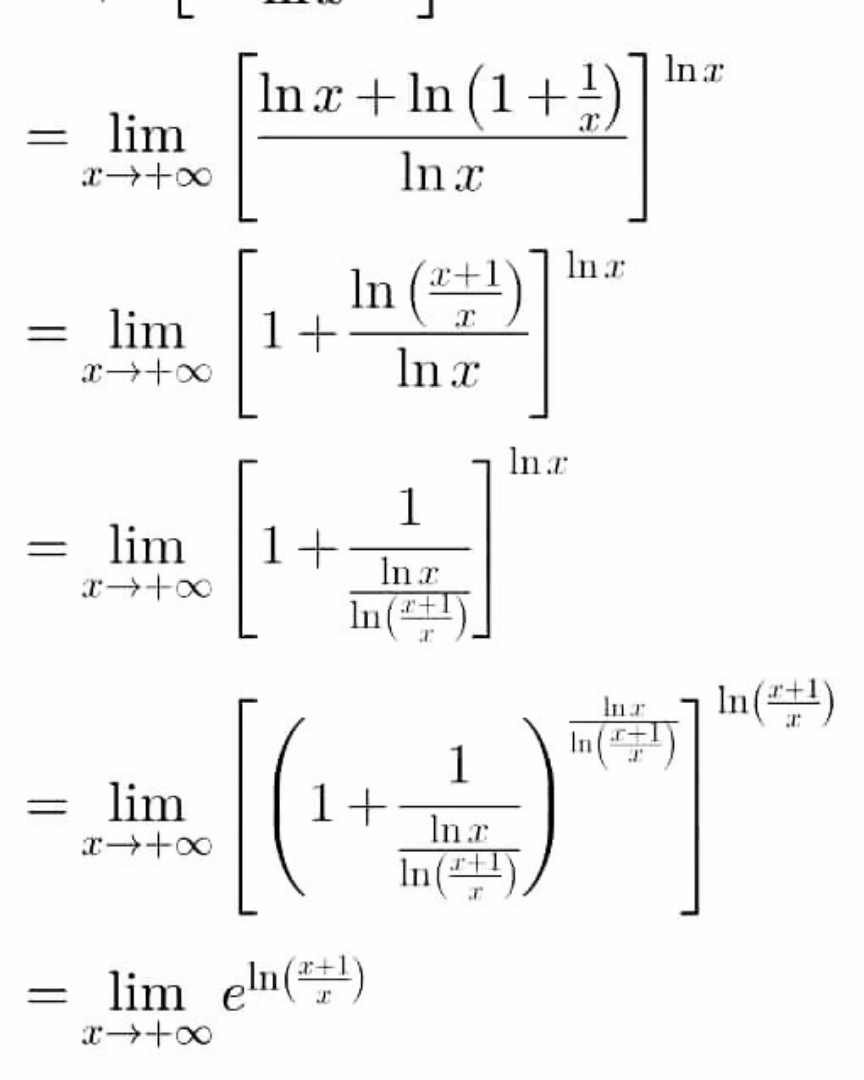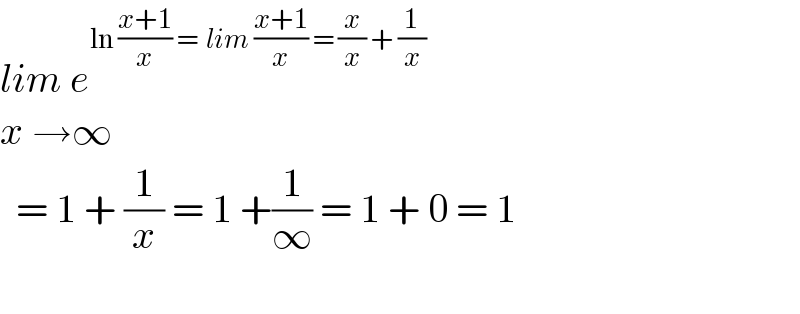
Question and Answers Forum
Question Number 165698 by azizmathhacker last updated on 06/Feb/22

Answered by alephzero last updated on 06/Feb/22

Commented by chrisbridge last updated on 06/Feb/22

Commented by alephzero last updated on 07/Feb/22

Commented by TheSupreme last updated on 07/Feb/22

